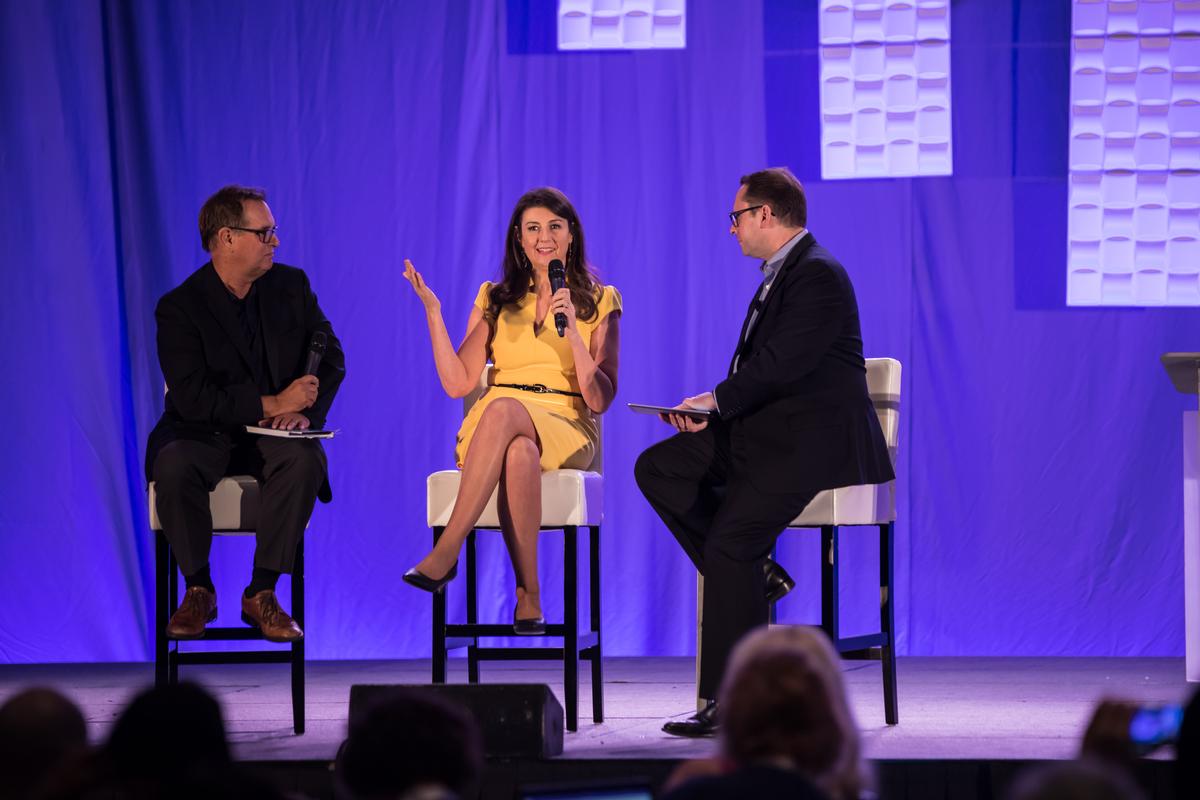Wellbeing
Ms Olivia Kite, Director of Wellbeing

Wellbeing
Ms Olivia Kite, Director of Wellbeing
One of the key elements of Professor Lea Waters’ Visible Wellbeing SEARCH Framework is Coping. Coping refers to the ways in which children respond to life’s challenges, setbacks, and pressures. For school-aged children, developing healthy coping strategies is essential—not only for their wellbeing but also for their learning and growth.
Coping is important because all children, no matter how supported or capable, will encounter difficulties. These might range from friendship challenges, managing homework, facing exams, or dealing with disappointments in sport or performance. When children have strong coping skills, they can manage stress more effectively, recover from setbacks more quickly, and maintain a more positive outlook. Rather than avoiding or becoming overwhelmed by challenges, effective coping gives them the tools to face difficulties with resilience and determination.
In the Visible Wellbeing Framework, coping is not just about "getting through tough times"; it is about teaching children strategies that allow them to process emotions, problem-solve, and ask for support when needed. This might include calming techniques like mindfulness or deep breathing, reframing negative thoughts, breaking down tasks into smaller, achievable steps, or seeking help from a teacher, parent, or peer. By learning and practicing these strategies, children strengthen their emotional regulation, build confidence, and gain a sense of agency over their lives.
The connection between coping and learning is significant. When children are overwhelmed by stress, their brains are less able to focus, concentrate, and retain information. By contrast, when children have strategies to manage stress, they are better able to remain calm, focused, and engaged in the classroom. Research shows that children who use healthy coping strategies are more likely to persist with challenging tasks, demonstrate greater creativity, and achieve stronger academic outcomes. Coping skills also support stronger relationships, as children learn to communicate, resolve conflict, and handle disappointments constructively.
Ultimately, teaching children to cope is about more than preparing them for challenges at school—it is about equipping them with skills for life. As parents and educators, we can model coping strategies, encourage open conversations about emotions, and provide opportunities for children to practice these skills in safe and supportive environments.
When children learn to cope effectively, they don’t just "survive" school life—they flourish. They develop resilience, confidence, and optimism, which empowers them to take on new opportunities, grow from setbacks, and thrive both in their learning and in their personal development.
In 2026, Kinross Wolaroi School will embark on its Visible Wellbeing journey with Professor Lea Waters - and you’re invited to get a head start. Lea is hosting a free webinar to mark the program’s 10th birthday.
Topic: Growing Through Adversity
Date: Thursday, 21 August
Time: 6:30pm
Online only
Lea will share powerful strategies to help you and your child find strength though struggles to navigate challenges and build resilience.
This session is already attracting strong interest, so don’t miss out on the chance to join live online at - https://bit.ly/47uk5YB


Join us for this essential session for our parents to discover the foundations of the School's new Visible Wellbeing approach.
Visible Wellbeing is built on 20 years of high-impact research in psychology and education by Professor Lea Waters, PhD. It is an evidence-based program that integrates the science of wellbeing with the science of learning, making wellbeing visible in every classroom and across co-curricular activities.
During this session, Lea will share practical, easy-to-use strategies that parents can apply at home to support their children’s wellbeing, helping them thrive both academically and personally.
Don’t miss this opportunity to gain insights from one of the world’s leading experts in the field and to actively support your child’s wellbeing journey.
SAVE THE DATE: Evening session - 13 October 2025, Performance Theatre
More details soon.